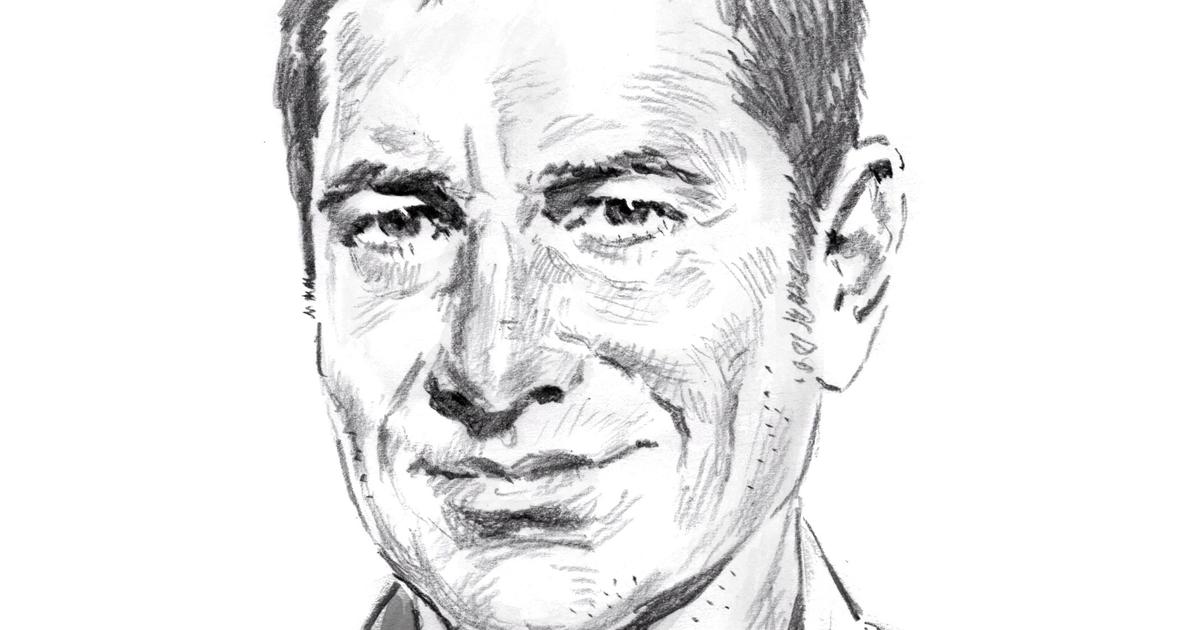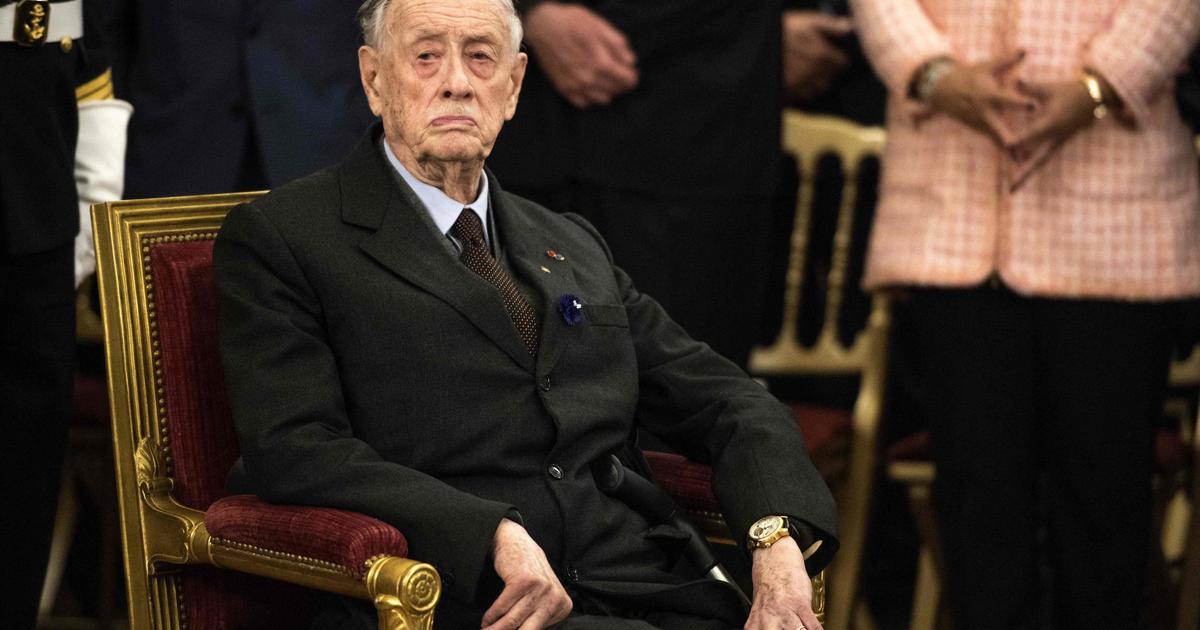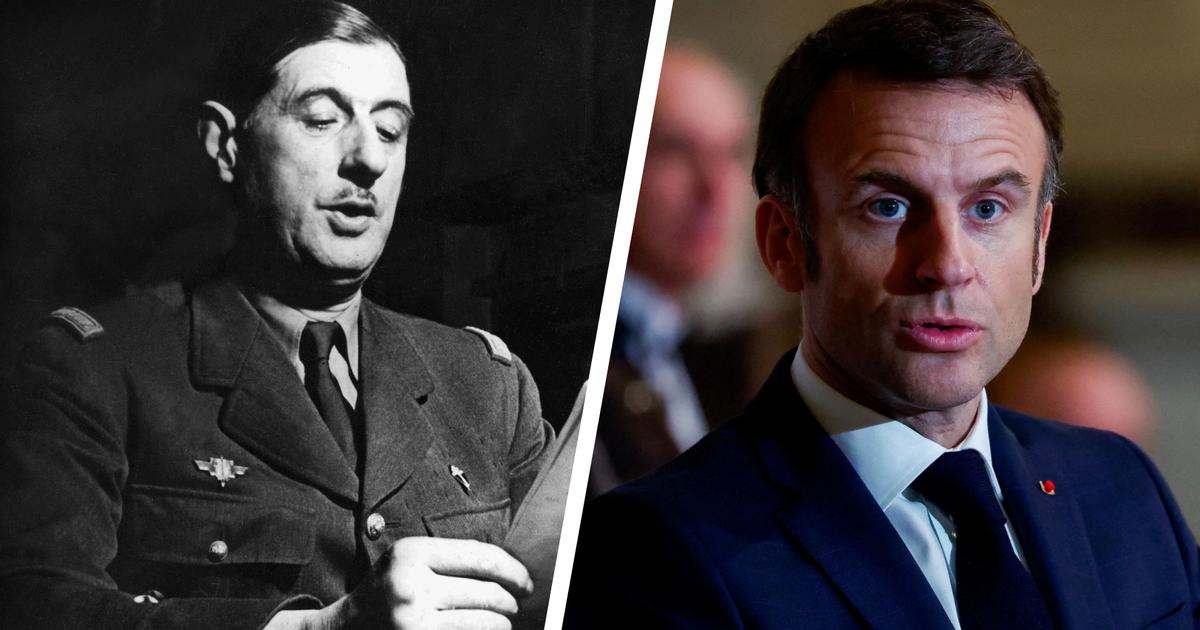Philippe Fontana is a lawyer and contributor to CERU, the university ideas lab.
The acts of vandalism and the tags on two statues of General de Gaulle, one in Pavillons-sous-Bois, the other in Hautmont, are criminal. Above all, they reflect the ignorance of their authors. Far from being a slaver, General de Gaulle has, on the contrary, an old and close companionship with Africa.
On this anniversary of the call of June 18, the duty of memory commands us to remember that without Africa free France would not have existed. General de Gaulle has always been grateful both to the black French and to our African brothers. The term brother is not overused, applying to all the dead, regardless of their skin color, who fell for France.
On June 18, 1940, free France had no legal entity and even less geographic. It is first embodied in the general's person. Very quickly it was men as diverse as Leclerc, hobereau, picard, but also Félix Éboué, Guyanese and descendant of slaves, who gave him his African territorial base and allowed the general to pick up the "stretch of the sword".
Oubangui-Chari, Cameroon, Congo-Brazzaville and Gabon joined in the work of hope for the renaissance of metropolitan France, degraded by the Nazis in November 1940.Félix Éboué, a man of immense fraternity, was then governor general of Chad. He did not hesitate to rally this territory to Free France. In a few weeks, thanks to this future Companion of the Liberation, it was the Oubangui-Chari (which became the Central African Republic), Cameroon, Congo-Brazzaville and finally Gabon, in November 1940, who joined in the mad work of hope in the renaissance of metropolitan France, degraded by the Nazis.
Between 1940 and 1943, equatorial Africa then constituted almost only the only territory of free France. Brazzaville, the capital of French Equatorial Africa (AEF), became the capital of free France on October 26, 1940 and will not cease to be so until June 1943, for the benefit of Algiers. And it was in Brazzaville that the general signed the first texts organizing free France and established the Order of Liberation.
The rallies mentioned are not just paper; the war effort carried out by the black troops from Douala in Cameroon and Pointe Noire in the Congo is formidable: according to Canadian historian Eric Jennings, the black soldiers of AEF and Cameroon, probably 20,000 in 1940, constituted the summer of 1943 roughly half of the total of the free French forces (30,000 colonial soldiers against 39,000 French citizens).
He expressed his gratitude by creating Compagnons de la Liberation, about fifteen Africans (about ten skirmishers and five civilians).General de Gaulle was, throughout his life, grateful to Africa and Africans for their effort in the liberation of France. He exalts it in his War Memories : “To participate with French forces and lands in the Battle of Africa was to enter the war as a piece of France. It was to directly defend its possessions against the enemy (…) It was, finally, to tear free France from exile and install it in all sovereignty in national territory ” .
He expressed his gratitude by creating Compagnons de la Liberation, about fifteen Africans (about ten skirmishers and five civilians). Then, in his opening speech at the Brazzaville conference, on January 30, 1944, his words are prophetic to characterize the links between France and Africa: "Because it is France, that is to say the nation whose immortal genius is designated for initiatives which, by degrees, raise men to the heights of dignity and fraternity where, some day, all will be able to unite (…) there is now between the Metropolis and the Empire , a definitive link ”.
Read also: August 24, 1958: de Gaulle in Brazzaville paves the way for independence
During the epic of the RPF, then during the crossing of the desert, the general undertakes two tours in Africa in March and autumn 1953; he thrives there in contact with his African friends and the French who help them to enhance their countries.
And, in August 1958, on the eve of the referendum allowing the adoption of a new Constitution, it was still in Brazzaville that the general began his speech with these vibrant words: "For me, in these historic places, only memories go up in my mind and in my heart, memories that we symbolized earlier, when we went to bow before the stele erected in memory of Governor Félix Éboué ”.
His closest collaborator, Jacques Foccart, in charge of relations with Africa, was the only one to see him every day.Within this new Constitution, how can we imagine that a particular framework, the Community, could have been specially thought out by the general in order to create the bases for cooperation between equals? All the African heads of state, obviously Houphouët-Boigny deputy and Ivorian minister of state under the Fourth Republic and even Sékou Touré were in awe of General de Gaulle. Besides, it is no coincidence that his closest collaborator, Jacques Foccart, in charge of relations with Africa, was the only one to see him every day.
Do our compatriots know it? No, because the school does not transmit this story. No, because, unfortunately, Africa is too often seen today only through the lens of disorderly immigration.
No, because it is tempting for all the adversaries of the nation to rewrite history by letting germinate, for each community, the seeds of their own roots stirring up resentment and hatred between them.
Read also: De Gaulle: his ten expressions become cult
So, on this anniversary day of June 18, let us remember that the effort and the sacrifice were also African, contributing to the universalist values defended by France.
May this memory augur a new fraternity between those who have the only good love of France, whatever the color of their skin. Let the portraits of Félix Éboué and Georges Koudoukou, tiraillier officer and Compagnon de la Liberation, decorate our cities. Let us not let those who paradise have the figure of delinquents to offer as an example to our youth, the one who will embody the France of tomorrow. Definitely the general, who said that "the only quarrel that is worth is that of Man, that it is a question of saving, bringing to life and developing" , crosses without any wrinkle the eighty years which separate us from June 18, 1940.

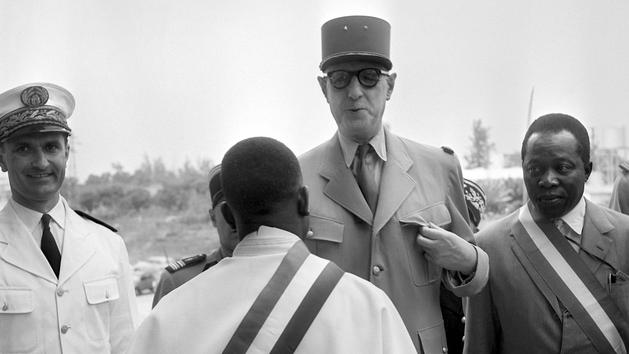
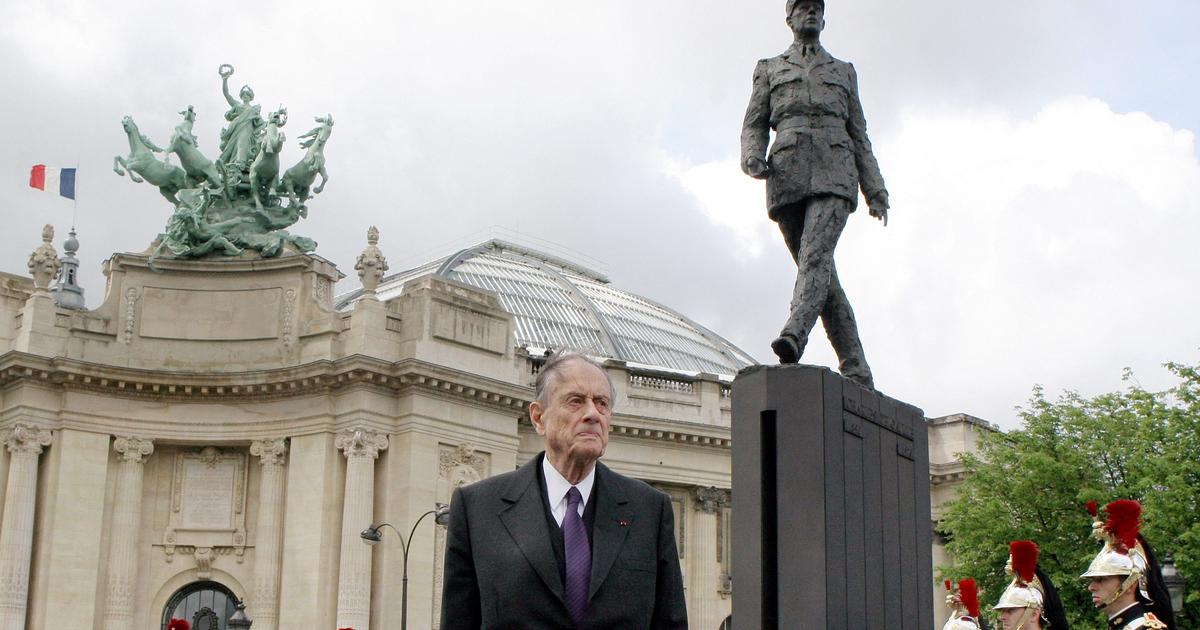
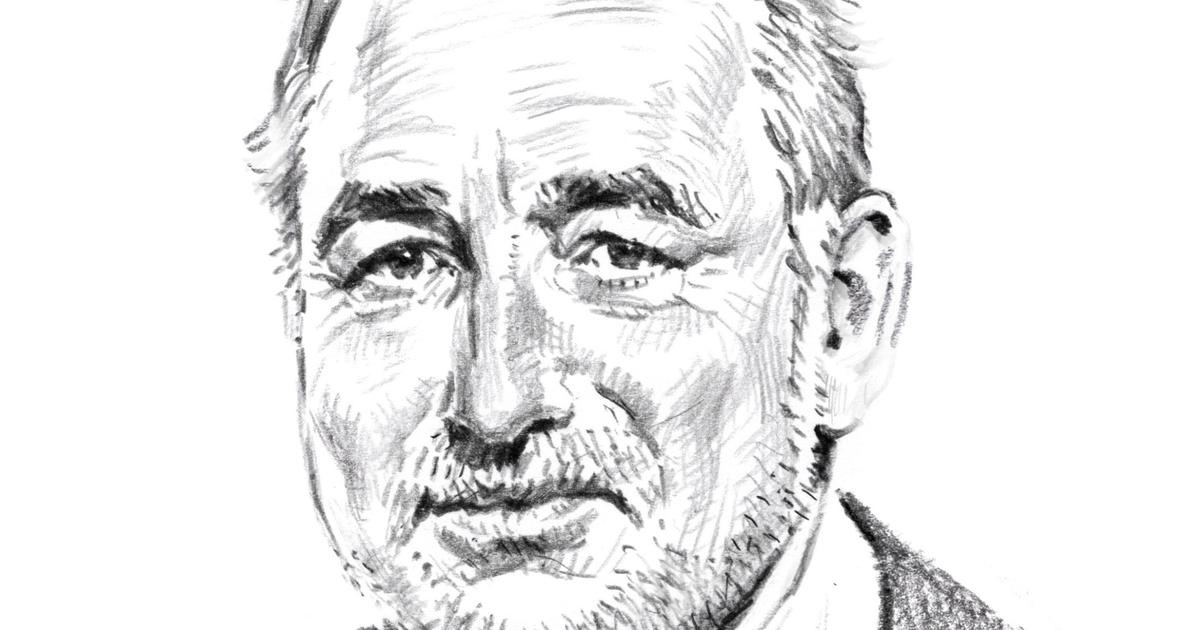
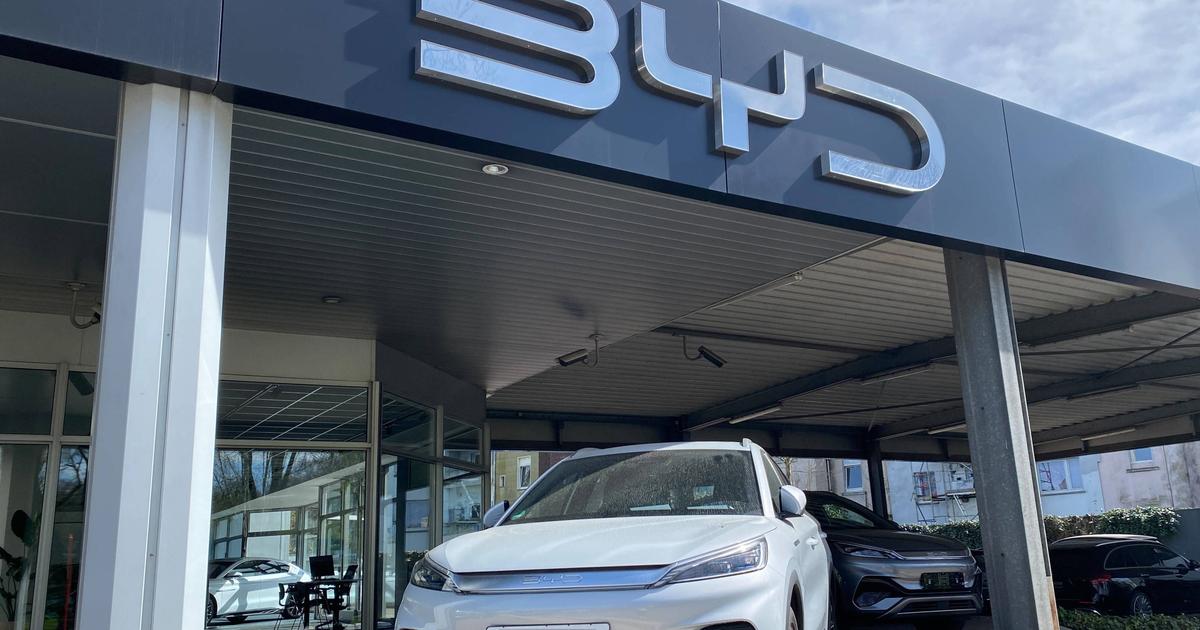
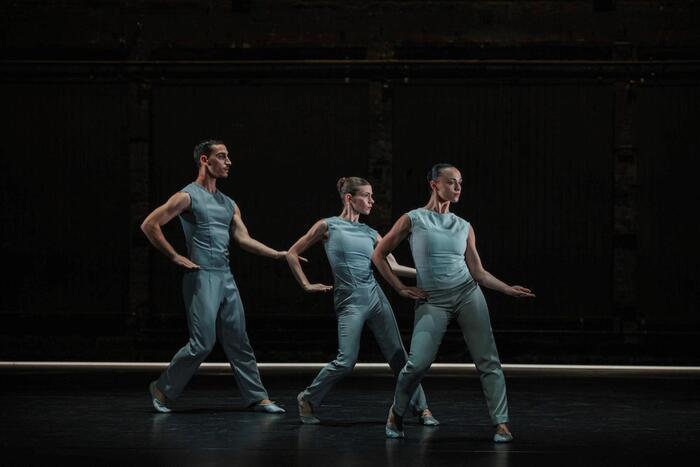
/cloudfront-eu-central-1.images.arcpublishing.com/prisa/ZRLOH32ENCW263BU2E35WQOSNA.jpg)
